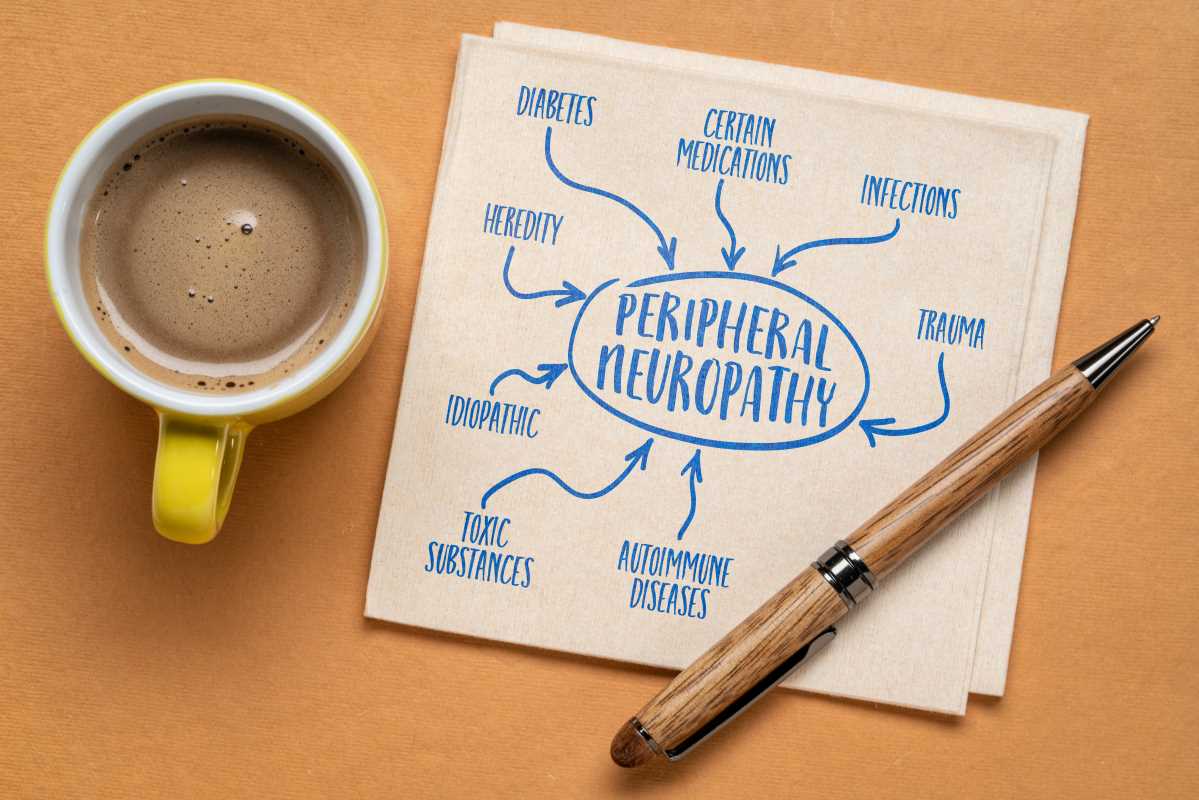Everyone experiences the occasional upset stomach or bad reaction to certain foods, but what if those digestive issues keep happening? Do you find yourself constantly battling abdominal discomfort, bloating, or unpredictable bathroom habits? If these symptoms are a regular part of your life, you might be dealing with irritable bowel syndrome, commonly known as IBS.
IBS is a common condition that affects the large intestine and causes a variety of symptoms. Although it isn’t life-threatening, IBS can severely impact your quality of life. The good news? Spotting the signs early and understanding what’s going on with your digestive system can help you take steps to manage it effectively.
Could your symptoms point to IBS? This article will walk you through the key red flags to watch for and explain what to do if you suspect this condition is affecting you.
What Is IBS?
IBS stands for irritable bowel syndrome, a chronic condition that affects the function of your gastrointestinal (GI) tract, particularly your large intestine. Unlike other digestive conditions, IBS doesn’t cause visible damage to the digestive system, but it interferes with how the gut works.
For anyone dealing with IBS, the gut’s muscles don’t always function as they should. This can lead to issues like cramping, irregular bowel movements, and a heightened sensitivity to discomfort in the digestive system.
What Causes IBS?
The exact cause of IBS isn’t fully understood, but researchers believe a combination of factors is involved. These include:
- Gut-Brain Connection Issues: The nerves controlling the gut may miscommunicate with the brain, affecting how muscles in the intestines contract.
- Gut Microbiome Imbalance: Healthy bacteria in your gut may be disrupted, causing digestive discomfort.
- Triggers like Food or Stress: IBS often flares up due to diet, stress, or hormones, with symptoms varying from person to person.
While the cause remains unclear, multiple risk factors for IBS include a family history of digestive issues, infections in the digestive tract, or high-stress levels.
Common Symptoms of IBS
IBS is a bit of a chameleon when it comes to symptoms, as they can vary widely from one person to another. However, there are some universal red flags you can watch for. If these symptoms occur frequently and disrupt your daily life, it’s time to explore whether IBS could be the cause.
1. Abdominal Pain or Cramping
One of the hallmark signs of IBS is persistent abdominal pain or cramping. The intensity and location of the pain can vary, but many people describe it as a sharp, squeezing ache in the lower abdomen. This discomfort often improves after a bowel movement.
Why It Happens:
Abnormal gut contractions and heightened sensitivity in the intestines can trigger pain or cramping in the abdomen.
2. Bloating and Gas
Feeling like your stomach is constantly inflated or dealing with excessive gas can also signal IBS. Bloating often occurs when food doesn’t move through the digestive tract efficiently or when gut bacteria cause fermentation.
Why It Happens:
People with IBS may have an imbalance in gut bacteria or trouble digesting certain foods, which leads to gas buildup.
3. Changes in Bowel Movements
Irregularity is another major indicator of IBS. This could include:
- Diarrhea (IBS-D): Frequent, loose stools, often accompanied by an urgent need to go.
- Constipation (IBS-C): Hard, dry stools that are difficult to pass and feel incomplete.
- Mixed Bowel Habits (IBS-M): Alternating episodes of diarrhea and constipation.
You might also notice that your stool looks different than usual, with varying consistency, color, or mucus present.
4. Feeling of Urgency
If you find yourself running to the bathroom with little warning, IBS might be to blame. Many IBS sufferers experience urgency with diarrhea episodes or a constant feeling like they need to go, even shortly after a bowel movement.
5. Fatigue and Poor Sleep
Living with IBS can leave you feeling exhausted. The constant discomfort, frequent bathroom trips, and stress from dealing with symptoms can make it difficult to get quality sleep. Fatigue may become a regular side effect of your digestive troubles.
6. Food Intolerances
Many people with IBS report unpleasant symptoms after eating certain foods. Common triggers include:
- Dairy products
- Spicy or fried foods
- Caffeine or alcohol
- High-FODMAP foods (like onions, garlic, and certain fruits)
While food intolerances don’t directly cause IBS, they can intensify symptoms.
7. Stress and Anxiety Worsen Symptoms
IBS isn’t just physical. There’s a strong connection between the gut and brain, meaning stress or anxiety can exacerbate symptoms. If you notice your digestive issues flare up during high-pressure situations, this could be a clue pointing to IBS.
When Should You See a Doctor?
Occasional digestive issues happen to everyone, but if your symptoms are frequent or interfere with daily life, it’s time to take action. Some signs that warrant a doctor’s visit include:
- Persistent abdominal pain that doesn’t improve after a bowel movement.
- Blood in your stool (this isn’t typical for IBS and may indicate a different issue).
- Significant, unintentional weight loss.
- Severe diarrhea or constipation that doesn’t respond to over-the-counter remedies.
Your doctor may conduct tests to rule out other conditions, such as inflammatory bowel disease (IBD), celiac disease, or infections, before diagnosing IBS.
Diagnosing IBS
There’s no single test for IBS, but diagnosis typically involves a combination of:
- Medical History: Your doctor will ask about your symptoms, triggers, and overall health.
- Physical Exam: They may check for tenderness or bloating in your abdomen.
- Elimination of Other Conditions: Blood tests, stool tests, or imaging may be used to rule out serious issues like Crohn’s disease or ulcers.
Doctors sometimes use the Rome IV Criteria, a diagnostic tool based on symptom patterns, to confirm IBS.
Managing IBS Symptoms
While there’s no cure for IBS, the condition is manageable with the right strategies. Here are a few approaches to consider:
1. Dietary Adjustments
- Follow a low-FODMAP diet to identify triggers.
- Stay hydrated and include fiber to regulate digestion.
- Avoid high-gas foods like carbonated drinks and legumes.
2. Stress Management
- Practice relaxation techniques, like yoga or meditation.
- Make time for activities that help you unwind.
- Cognitive behavioral therapy (CBT) can address the gut-brain connection.
3. Medications and Probiotics
- Over-the-counter remedies like antacids or fiber supplements can help.
- Prescription medications may be suggested for severe cases.
- Probiotics can aid in restoring gut health.
4. Regular Exercise
Exercise improves digestion, reduces stress, and can help regulate bowel movements.
 (Image via
(Image via





